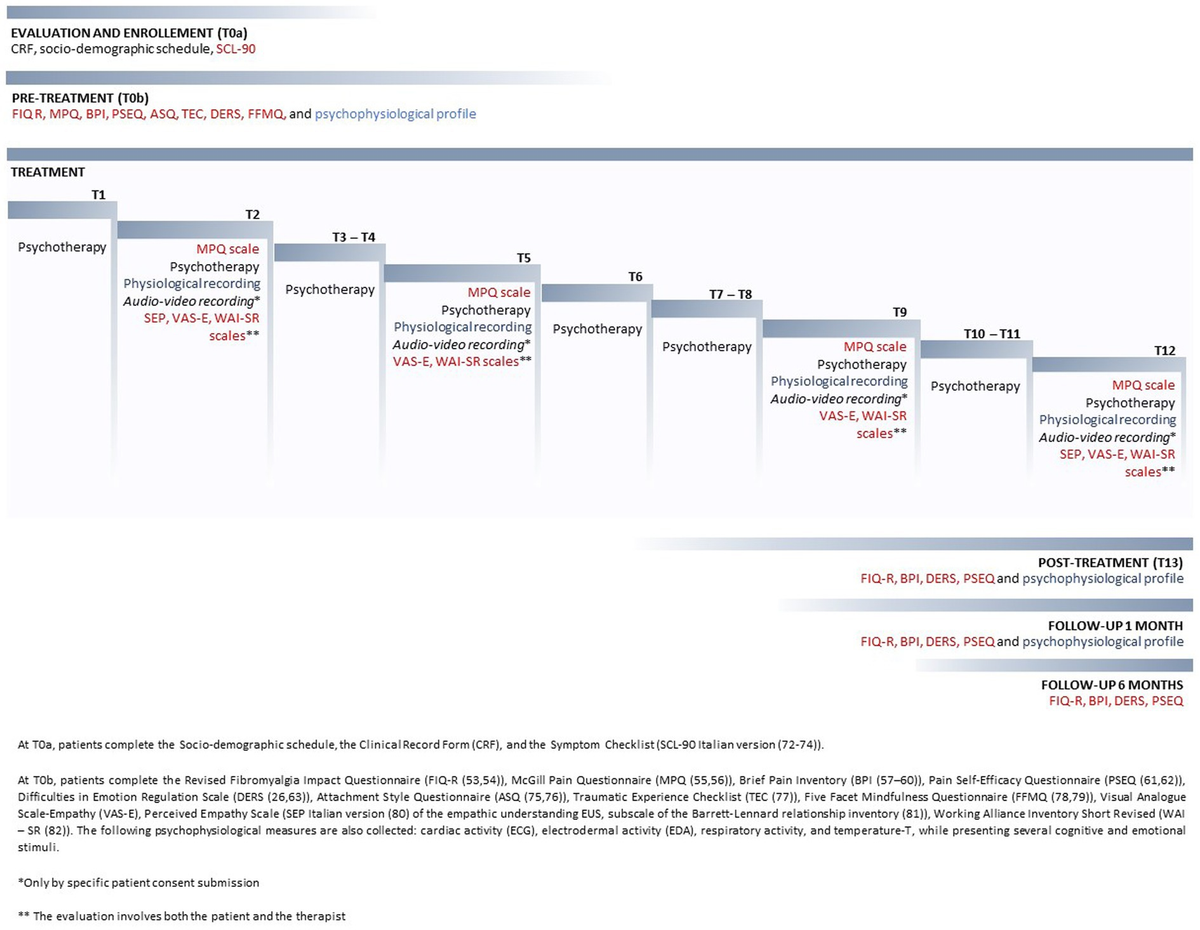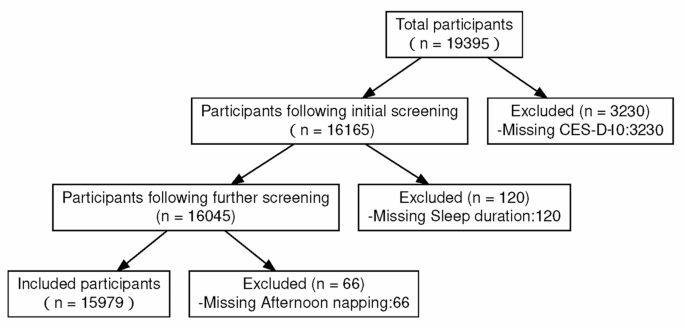Dr. Christopher Watt, a general practitioner with expertise in disability evaluations, opined that the accident aggravated Laley’s pre-existing but asymptomatic conditions, leading to chronic pain. He also noted a significant psychological overlay contributing to her pain perception, a common issue in the context of depression and anxiety.
The court found that Laley failed to adequately mitigate her damages. Evidence showed she did not engage consistently in recommended active rehabilitation or weight loss efforts, and she refused to take prescribed anti-depressant medication. Consequently, the court reduced her damages by 25 percent for failing to mitigate her condition, which would have likely improved with proper treatment and exercise.
The Supreme Court found that the accident caused or contributed significantly to most of Laley’s claimed injuries, except for certain conditions such as jaw pain and incontinence, where causation was not sufficiently proven. The court also acknowledged that some degree of back pain would likely have manifested eventually due to her pre-existing conditions and other factors.
Considering the evidence, the court awarded $142,500 in non-pecuniary damages, reduced from the initial assessment to account for the failure to mitigate. The award was intended to compensate for pain, suffering, and loss of enjoyment of life. The court also addressed other heads of damages, including past and future loss of earning capacity, loss of housekeeping capacity, and cost of future care.












